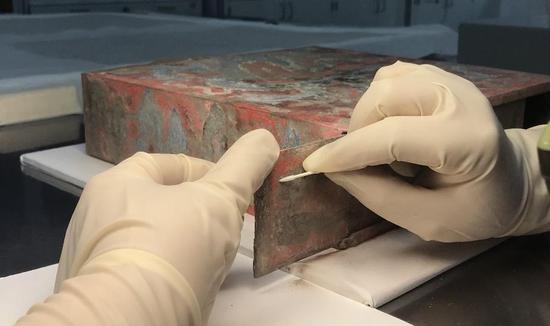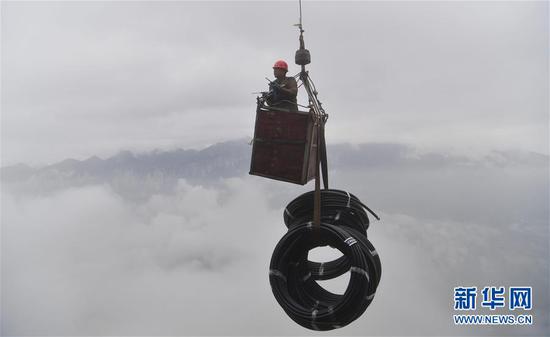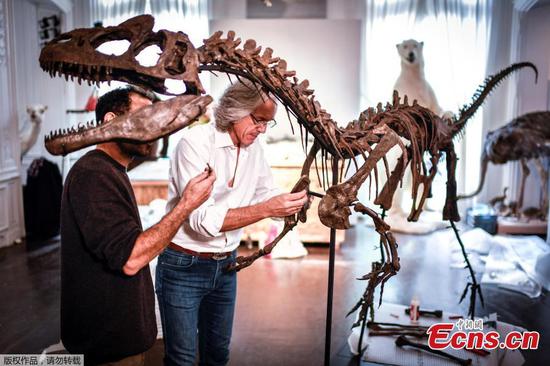SpaceX got the green light this week from US authorities to put a constellation of nearly 12,000 satellites into orbit in order to boost cheap, wireless Internet access by the 2020s.
A project will move the company a step closer to its ambitious Starlink, a project promised to offer constant, global Internet coverage from the orbit.
Once completed, its network would vastly multiply the number of satellites around Earth, allowing for every part of the Earth's surface to have a direct line of sight of at least one satellite at all times.
The project is expected to cost 10 billion US dollars to develop, and SpaceX aims to have the constellation operational by the mid-2020s, according to the Verge.
Since the world's first artificial satellite, Sputnik, was launched in 1957, humanity has sent just over 8,000 objects into space, according to the United Nations Office for Outer Space Affairs. Between one quarter and one half of those are believed to still be operational.
On Thursday the US Federal Communications Commission (FCC) announced it had authorized SpaceX to launch 7,518 satellites, adding to 4,425 satellites it has already approved. None of the satellites has launched yet.
Elon Musk's company has six years to put half in orbit, and nine years to complete the satellite network, according to FCC rules.
SpaceX wants most of the satellites to fly in low Earth orbit, about 208 to 215 miles (335 to 346 kilometers) high.
That would put them below the International Space Station, which orbits about 250 miles (400 kilometers) above Earth.
Their interest in such a low orbit is to shorten the communication time between Internet users on Earth and space-faring satellites, speeding up surfing speeds.
But this low altitude may be difficult to maintain and smaller satellites tend to have shorter lives than bigger ones.
The FCC has also authorized other companies to launch satellites, including Kepler (140 satellites), Telesat (117 satellites), and LeoSat (78 satellites).


















































